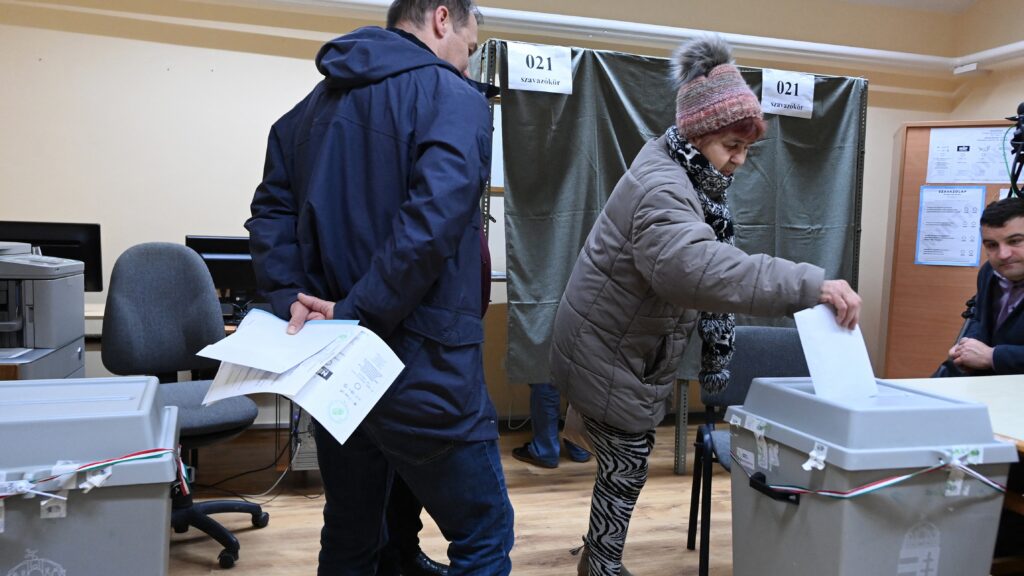The National Media and Infocommunications Authority (NMHH) has concluded the first round of its TVÁLLANDÓ2025 funding programme, granting more than 127 million forints to 27 media providers for the production of public, news, and cultural programming. The decision was announced following the Council’s 25 May meeting, where it also imposed sanctions on TV2 and Hír TV for separate broadcasting violations.
TV2 was fined for incorrectly classifying the first episode of its historical Rise of the Raven series in the III age category—deemed suitable for viewers over 12—when it should have been marked under the IV category, recommended only for those over 16. The episode aired on 8 March at 8pm, a time slot that does not comply with the stricter rating’s requirement of post-9pm broadcasting.
As a result, TV2 faces a total fine of 6.2 million forints, including penalties related to both its linear broadcast and on-demand platform, TV2 Play. The company’s executive was also fined a combined 325,000 forints. In addition to the financial penalties, TV2 must publish notices of the violation on both platforms. TV2 has since revised the broadcast times of later episodes and requested a full series classification from the National Film Office. Further proceedings are underway regarding episodes aired on 15 March and in April to determine if additional classification rules were breached.
In a separate case, Hír TV was fined 30,000 forints after a 15 March broadcast was found to have violated audio level regulations—specifically, airing commercials louder than surrounding programming.
Internationally, the Council addressed a viewer complaint regarding The White Lotus Season 3, Episode 4. Although labeled 14+ on the Dutch streaming platform MAX, the content was deemed more appropriate for the 16+ category under Hungarian standards due to its portrayal of drug and alcohol use, smoking, and explicit language. The Dutch media authority NICAM confirmed the labelling error and reported that the streaming provider has since corrected it.
The Media Council continues to monitor and enforce content regulation and provides public access to its weekly agendas and decisions on its website.
Related articles:







